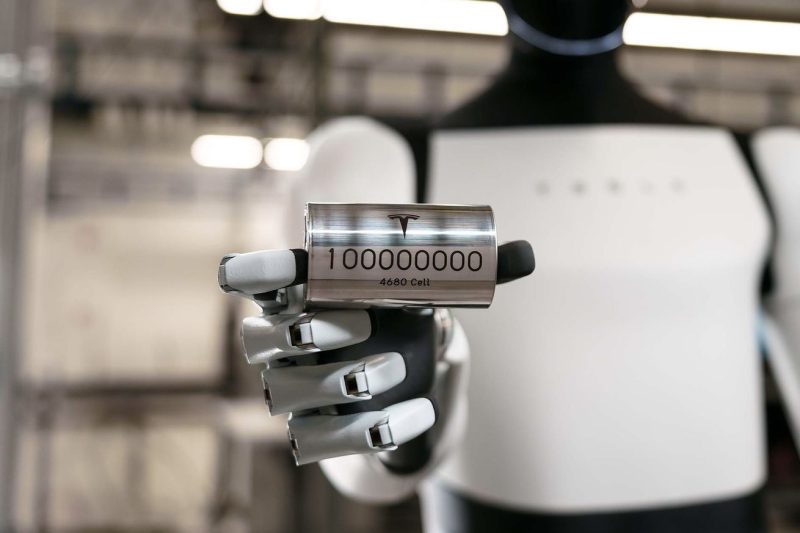
Elon Musk’s 4680 Battery Cell: Why the World’s Largest Battery Maker Predicts Failure
In a surprising turn of events, the world’s biggest battery maker has raised doubts about Elon Musk’s highly anticipated 4680 cell design, casting skepticism on its future success and signaling potential challenges that the electric vehicle industry may face.
CATL, a leading Chinese battery manufacturer that supplies batteries to major automakers around the globe, has garnered attention for its expertise in battery technology and production. With their substantial influence in the electric vehicle market, CATL’s commentary on Musk’s ambitious battery cell design carries significant weight.
The 4680 cell, a key component of Tesla’s strategy to revolutionize battery technology and increase the range and performance of its electric vehicles, has been hailed as a game-changer within the industry. The larger format of the 4680 cell offers enhanced energy density and improved thermal management compared to traditional lithium-ion batteries, promising to deliver superior performance and durability.
Despite the high expectations surrounding the 4680 cell, CATL has raised concerns regarding its feasibility and performance, suggesting that the technological challenges associated with scaling up production and ensuring reliability may impede its success. While Musk has positioned the 4680 cell as a crucial innovation for Tesla’s future vehicles, CATL’s reservations underscore the complexity involved in bringing a groundbreaking technology to mass production.
Moreover, CATL’s skepticism underscores the competitive landscape within the battery industry, where established players like CATL continue to innovate and evolve their technologies to maintain a competitive edge. As CATL remains a key player in the global battery market, their critical assessment of the 4680 cell design adds a layer of scrutiny that could prompt Tesla and other industry players to reevaluate their technology roadmap and production strategies.
The feedback from CATL serves as a reminder of the challenges that come with pushing the boundaries of innovation in the electric vehicle sector. As the race for more efficient, sustainable, and cost-effective battery solutions intensifies, the industry must navigate a complex landscape of technological advancements, regulatory environments, and market dynamics to deliver on the promise of electric mobility.
In conclusion, while the 4680 cell may represent a significant advancement in battery technology, the comments from CATL highlight the importance of rigorous testing, validation, and collaboration within the industry to ensure that innovations translate into tangible benefits for consumers and drive the transition to a cleaner, more sustainable future. The dialogue between key industry players like CATL and Tesla underscores the dynamism and competitive nature of the electric vehicle market, ultimately spurring continued innovation and progress in the quest for greener transportation solutions.
